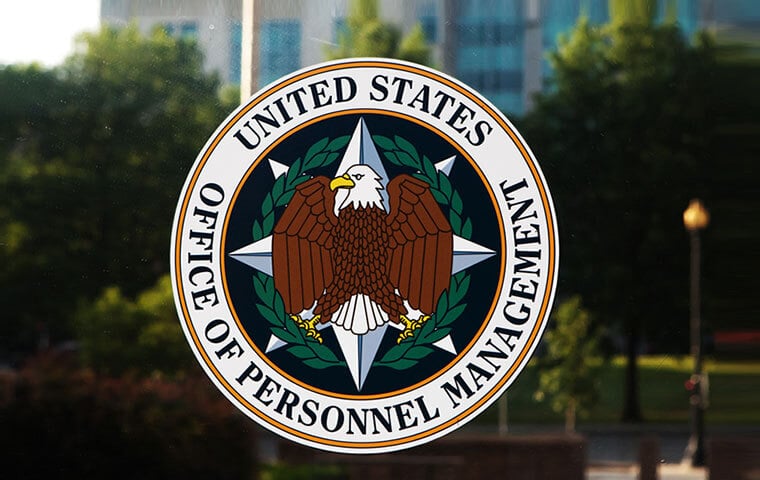 OSC stated that OPM’s efforts to encourage greater use by agencies of the probationary period is a welcome development that may help advance merit system principles. Image: Mark Van Scyoc/Shutterstock.com
By: FEDweek Staff
OSC stated that OPM’s efforts to encourage greater use by agencies of the probationary period is a welcome development that may help advance merit system principles. Image: Mark Van Scyoc/Shutterstock.com
By: FEDweek StaffThe Office of Special Counsel has said it will not pursue investigations into whether firings of probationary federal employees should be overturned because agencies violated civil service laws and rules, saying that “agencies have the right to summarily terminate any probationer for any reason not otherwise prohibited by law.”
In a brief before the MSPB, the OSC said it has concluded that the mass firings of probationers in February “did not violate the statutory and regulatory requirements as alleged and thus cannot constitute” a prohibited personnel practice.
The case before the MSPB involves assertions that by using boilerplate language, agencies violated requirements that even probationers be given an explanation of deficiencies in their performance; and that the layoffs amounted to a RIF but did not follow RIF rules that for example give preference to veterans and top performers. In the weeks following the firings—which have since been the subject of several back-and-forth cases in the federal courts—the MSPB experienced a spike in appeals from individual employees apart from the OSC channel.
In its brief, the OSC said it has received more than 2,000 complaints from probationary employees “involving nearly identical claims” asking it to intervene before the MSPB. However, it said that “as understood by Congress and regulators throughout the years involves almost no rights to employment” and that the firings did not amount to RIFs.
Further, it said that “OSC believes that OPM’s efforts to encourage greater use by agencies of the probationary period is a welcome development that may help advance merit system principles.”
The brief makes explicit a change of direction implied when the OSC dropped two cases involving probationary employee firings that former Special Counsel Hampton Dellinger, a Biden administration appointee, had been pursuing. At his request, the MSPB had temporarily stayed firings and ordered employees reinstated but following Dellinger’s firing the OSC had allowed those stays to expire without taking further action.
Says the new filing, “In those preliminary requests, OSC made certain claims that OSC has since repudiated in full after a careful and thorough examination of the legal issues. OSC has now reconsidered these complaints and attendant concerns within its jurisdiction and concluded that the PPP allegations are unfounded.”
The brief amounts to the second recent significant shift in direction by the OSC, now under acting leadership, since Dellinger’s firing. Previously, the agency had reversed a policy he issued last year saying the Hatch Act prohibits wearing or displaying campaign-related items in the workplace or while on duty at any time; it reverted to a prior policy saying that is allowed after an election so long as the candidate is not currently running again.
The possibility that the OSC would bring complaints before the MSPB asserting that firings of probationers were prohibited personnel practices was one reason a federal judge cited recently in declining to issue an injunction for a group of probationers in an ongoing suit challenging their firing.
Large Share of Federal Workforce about to Experience a Payless Pay Period
OPM Details Coverage Changes, Plan Dropouts for FEHB/PSHB in 2026
OMB Says Federal Workforce RIFs are Starting as Shutdown Drags On
Financial Impact of Shutdown Starts to Hit Home; WH Threatens No Back Pay
Surge of Retirement Applications Is in the Pipeline, Says OPM
See also,
TSP Takes Step toward Upcoming In-Plan Roth Conversions
5 Steps to Protect Your Federal Job During the Shutdown
Over 30K TSP Accounts Have Crossed the Million Mark in 2025
The Best Ages for Federal Employees to Retire

